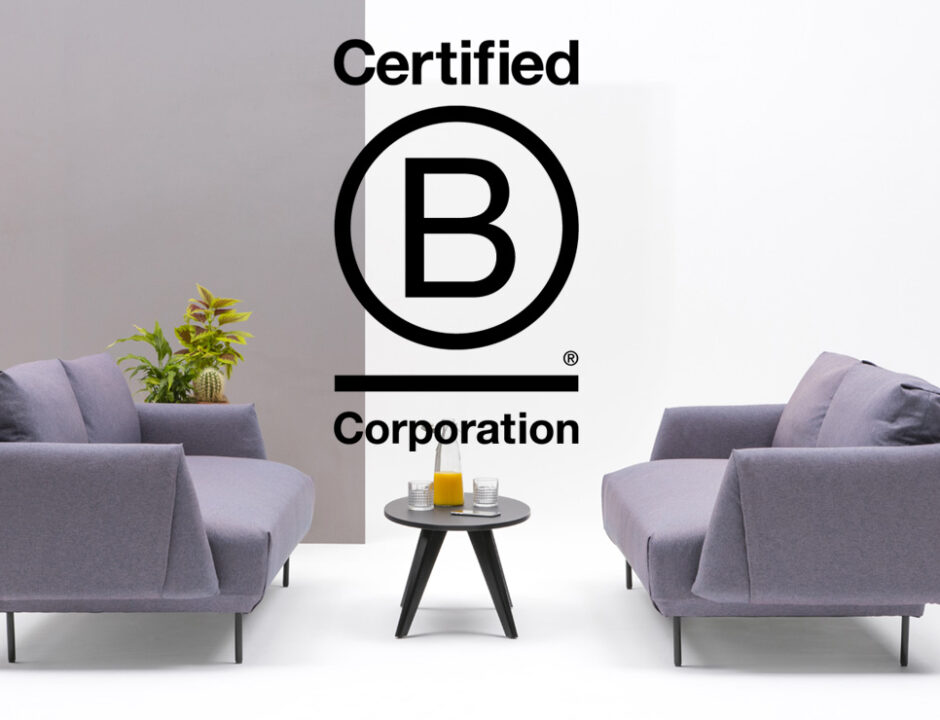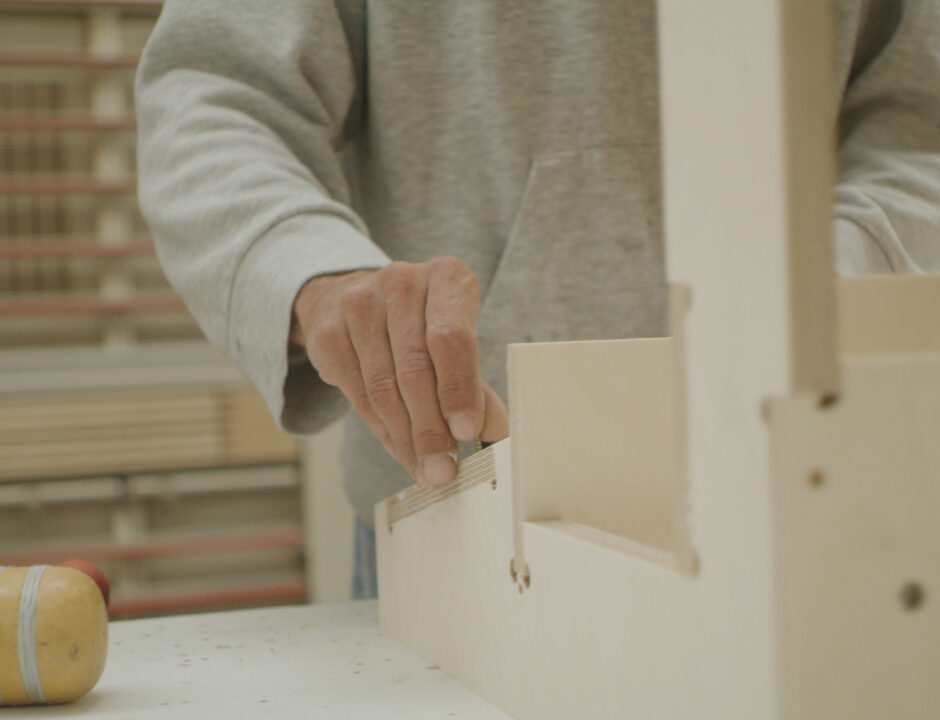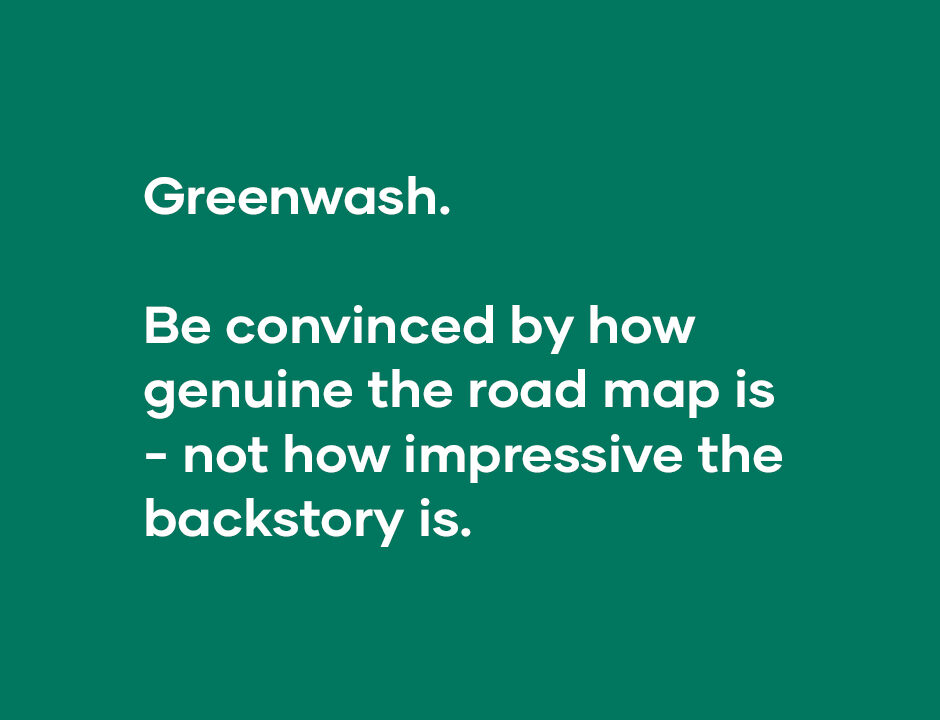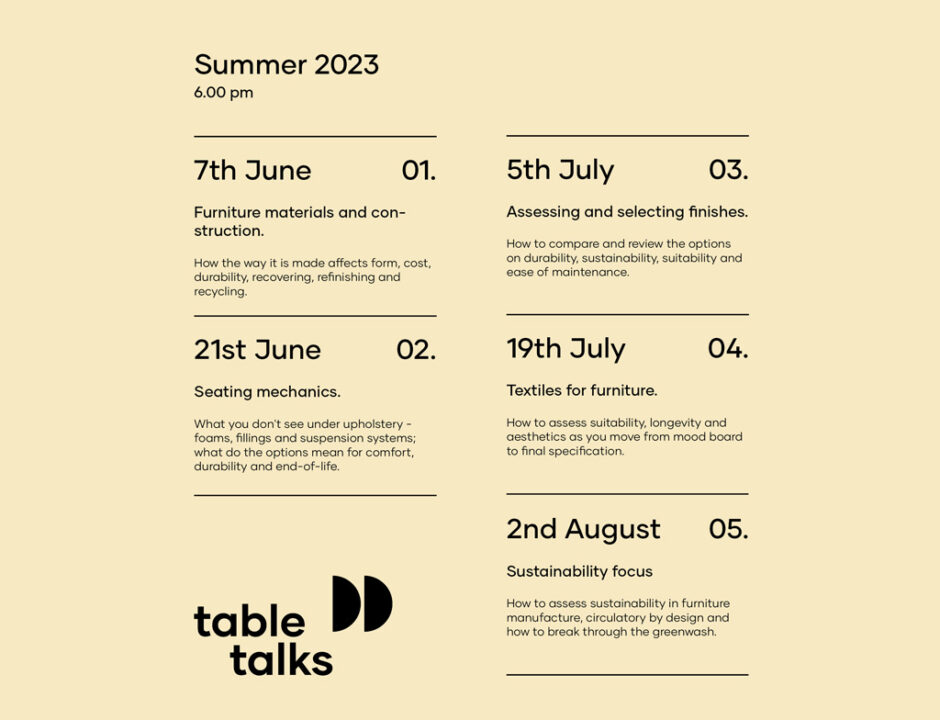
MARK Product are now certified B Corp™.
Wrapping up 2023 meant pushing to get all our B Corp certification requirements over the line and we’re delighted to announce we did it!
But what does it all mean?
Well, that’s a good question and one we’ve asked ourselves regularly during the process.
“B Corp has had some good and bad press in recent years, we’ve learnt from and been frustrated by the certification process but going through the process has been educational and we’re in better shape because of it – I believe that’s the value in certification.” Says Anna Hart, MARK co-founder who led the B Corp certification process.
B Corp was founded in 2006 in the United States by three friends who shared a vision to make business a force for good. Founded as a nonprofit organisation the certification assesses your businesses commitment to the interests of all stakeholders in the operations: workers, customers, communities, and the environment.
How do you achieve the certification?
Becoming certified requires you to respond to a series of questions in 5 categories: Governance, Workers, Community, Environment, Customers and then a non-scoring eligibility section.
The overall score you achieve is built up of your responses in these 5 categories which result in your overall score for your ‘impact assessment’.
You must score over 80 to achieve certification – we have scored 84.8.
What does your score really mean?
Within each sector you can achieve points against each question. The questions get in to the nitty gritty of design and production methods, supply chain management, waste management, leadership, community relationships, environmental impact, ownership, and ethics – it’s broad and varied. It questions every aspect of how you run your business.
The value in this assessment is the emphasis on measuring and documenting your processes, policies, and methods. The experience has facilitated moments to celebrate what we have in place and have achieved already alongside highlighting opportunities for future improvement. New goals have been set!
There does appear to be a few flaws in the system where we could have scored more points if we did for example employ some contractors hourly rather than on permanent contracts. As a principle avoid zero hours contracts but if we had some, we’d have scored more points – does that make us better or worse?
A fundamental change
One key, legally binding, aspect of the process is committing in our Articles of Association as a company that the directors and shareholders within the business consider the impact of their decisions on all aspects of the business and not just the bottom line.
How does it compare to other certifications within our industry?
Prior to completing the B Corp assessment, we had prioritised certifying for the Furniture Industry Sustainability Programme (FISP) and becoming a Forest Stewardship Council (FSC) certified company.
There are huge similarities between the information being requested by both FISP and B Corp for assessment although B Corp takes perhaps a broader view of a business. FISP has more of a focus on aspects directly relating to furniture manufacture – raw materials, waste streams and supply chain; less on community and employee benefits such as healthcare plans. As an organisation founded in the US there are some questions from B Corp that don’t translate to the UK that smoothly.
Anna adds “Both certifications have their benefits however we would love to see increased recognition for FISP in our industry. Along with their very thorough specific assessment process – there are annual audits compared with B-Corp’s 3 yearly – and it’s in these audits you can quickly see where you’re progressing and were you need to focus”.
B Corp to their credit are building a community around their certification process so as a result you can connect with other businesses, knowing you likely have aligned values and opening up the opportunity for learning and knowledge share.
So what next?
The certification is something to celebrate; we’re proud to have passed.
It’s evidence for us and for you that we’re on the right path and part of a growing community who believe in business as a force for good.
The next review is three years away; the certification does not make us sustainable – our action do. We were already pushing for change, we were already looking to improve and that doesn’t stop.
One of the goals we set ourselves at the launch of Do Net Good in 2020 was to become B Corp certified so this we are delighted to have achieved.
Other goals such as moving towards Foam Free upholstery though don’t even get a mention or a point on the B Corp Impact Assessment. That doesn’t mean we don’t work on them; they are as much a priority now as before – we just have to make sure we measure the impact!



